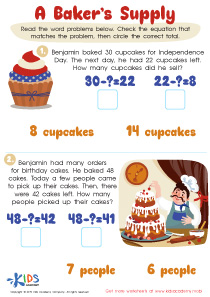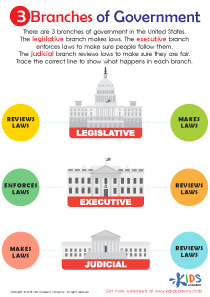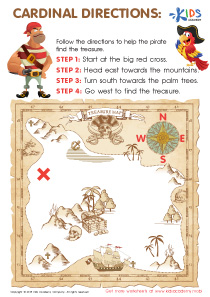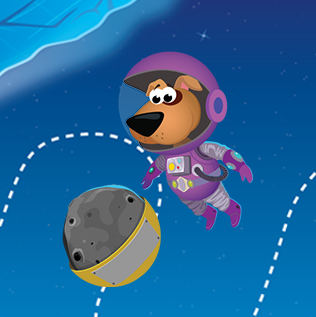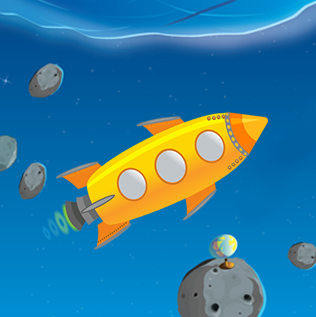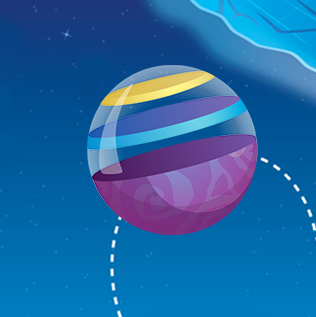English Language Arts Lessons | Reading Literature, Grade 1
11 results
Introducing our captivating Grade 1 Reading Literature Lessons! Designed to ignite a lifelong love for reading, our interactive worksheets and engaging educational videos are specifically crafted to captivate young minds. Dive into enchanting tales and embark on thrilling adventures, as students develop fundamental comprehension skills and enhance their vocabulary. Our carefully designed assessment quizzes ensure a seamless learning experience by evaluating progress and reinforcing the comprehension gained. Experience the magic of literature with our Reading Literature Lessons, encouraging young learners to explore the boundless world of imagination and creativity. Enroll your little ones today!
Reading Literature Lessons: Encouraging a Lifelong Love for Reading in Grade 1
The ability to read is undeniably one of the most critical skills a child can learn, and our Reading Literature Lessons for children in Grade 1 are designed to lay a strong foundation for their academic success. By incorporating interactive worksheets, educational videos, and assessment quizzes, these lessons become a valuable resource that not only aids in improving reading skills but also sparks a love for literature.
One key aspect of our Reading Literature Lessons is the use of interactive worksheets. These worksheets offer a hands-on approach to learning, allowing children to actively engage with the material. By touching, tracing, and writing letters and words, students build essential fine motor skills while simultaneously developing reading comprehension. These tactile experiences help to reinforce the connection between letters, sounds, and words, making the learning process more enjoyable and effective. The interactive nature of the worksheets also promotes critical thinking and problem-solving skills, as children are encouraged to solve puzzles, find hidden words, and complete story-based activities.
In addition to the interactive worksheets, our Reading Literature Lessons also incorporate educational videos. These videos serve as a dynamic tool to capture the attention and interest of young learners. By integrating visual and auditory stimuli, the videos create a multi-sensory experience that enhances understanding and retention. Visual aids, such as colorful illustrations and animated characters, bring stories to life, fostering imagination and creativity. The videos also provide opportunities for children to practice listening comprehension, as they follow along with the narration and dialogue. Furthermore, the use of audio cues, like sound effects and background music, adds an extra layer of engagement, making the lessons more captivating and enjoyable.
Assessment quizzes play a crucial role in our Reading Literature Lessons, as they allow for progress monitoring and skill development. These quizzes serve as a means to evaluate reading comprehension, vocabulary understanding, and critical thinking abilities. By providing immediate feedback, children gain insight into areas they may need to focus on, and instructors can tailor their teaching accordingly. Furthermore, the quizzes motivate students by fostering a sense of accomplishment and encouraging healthy competition within the class. As children see their progress, they become more confident in their reading abilities and are inspired to tackle more challenging literature.
Our Reading Literature Lessons not only make reading enjoyable, but they also have far-reaching benefits that extend beyond the classroom. By instilling a love for literature, these lessons cultivate a lifelong habit of reading for pleasure.

